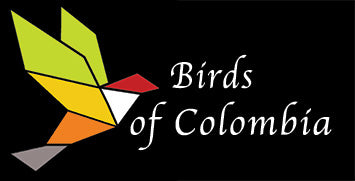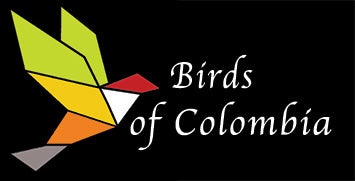Metalura de Perijá
Perija Metaltail
Metallura iracunda
Song
Perija Metaltail
Appearance: The Perijá Metaltail is a small hummingbird of the size range found in the genus Metallura. It is known for its iridescent plumage, which can appear metallic green or bronze, depending on the angle of light. The tail is a striking metallic color, often with a bronzy or coppery sheen. Like other metaltails, it has a short, straight bill adapted for feeding on flowers.
Habitat: This species inhabits high-altitude regions between 2400 and 3200 m above sea level. It is found in páramo and in forest ecosystems, which are characterized by cool temperatures and high humidity. These areas often have dense shrubbery and a variety of flowering plants.
Behavior: The Perijá Metaltail feeds on nectar from a variety of flowers, using its specialized bill. It may also consume small insects for protein. It is around rich feeding sites. It exhibits the rapid, agile flight of hummingbirds, capable of hovering and quick maneuvers.
Breeding: Information specific to the Perijá Metaltail's breeding habits is limited, but hummingbirds build small, cup-shaped nests in sheltered locations. They lay one or two eggs, which the female incubates.
Conservation Status: The Perijá Metaltail is classified as Endangered due to its limited range and habitat degradation.
MALE
FEMALE
Distribution
The Perijá Metaltail is restricted to the Sierra de Perijá region in the departments of Norte de Santander and Cesar which forms part of the border with Venezuela.
Taxonomy
The Perija Metaltail (Metallura iracunda)
- Kingdom: Animalia
- Phylum: Chordata
- Class: Aves (Birds)
- Order: Caprimulgiformes
- Family: Trochilidae
- Genus: Metallura
- Species: Metallura iracunda
Vocalization
The main purposes of vocalizations in the Perijá Metaltail are to attract mates and to establish and defend territory. Males are more vocal than females, using calls to assert dominance and ward off rivals. Types of Calls:
Territorial Calls: These are often sharp and repetitive, serving as a warning to other males to stay away from their feeding and breeding territory.
Mating Calls: These can be more melodic or complex, aimed at attracting females. The specifics of these calls can vary, but they often include a series of high-pitched notes or trills.
Communication: Vocalizations can also play a role in parent-offspring communication, particularly in locating each other in dense foliage.
Purpose
Mate Attraction: Vocal displays are part of the courtship rituals. Males use their calls to attract females and demonstrate their fitness as potential mates.
Species Identification: Vocalizations aid in species recognition, ensuring that mating occurs between individuals of the same species, which is crucial for maintaining genetic integrity.







